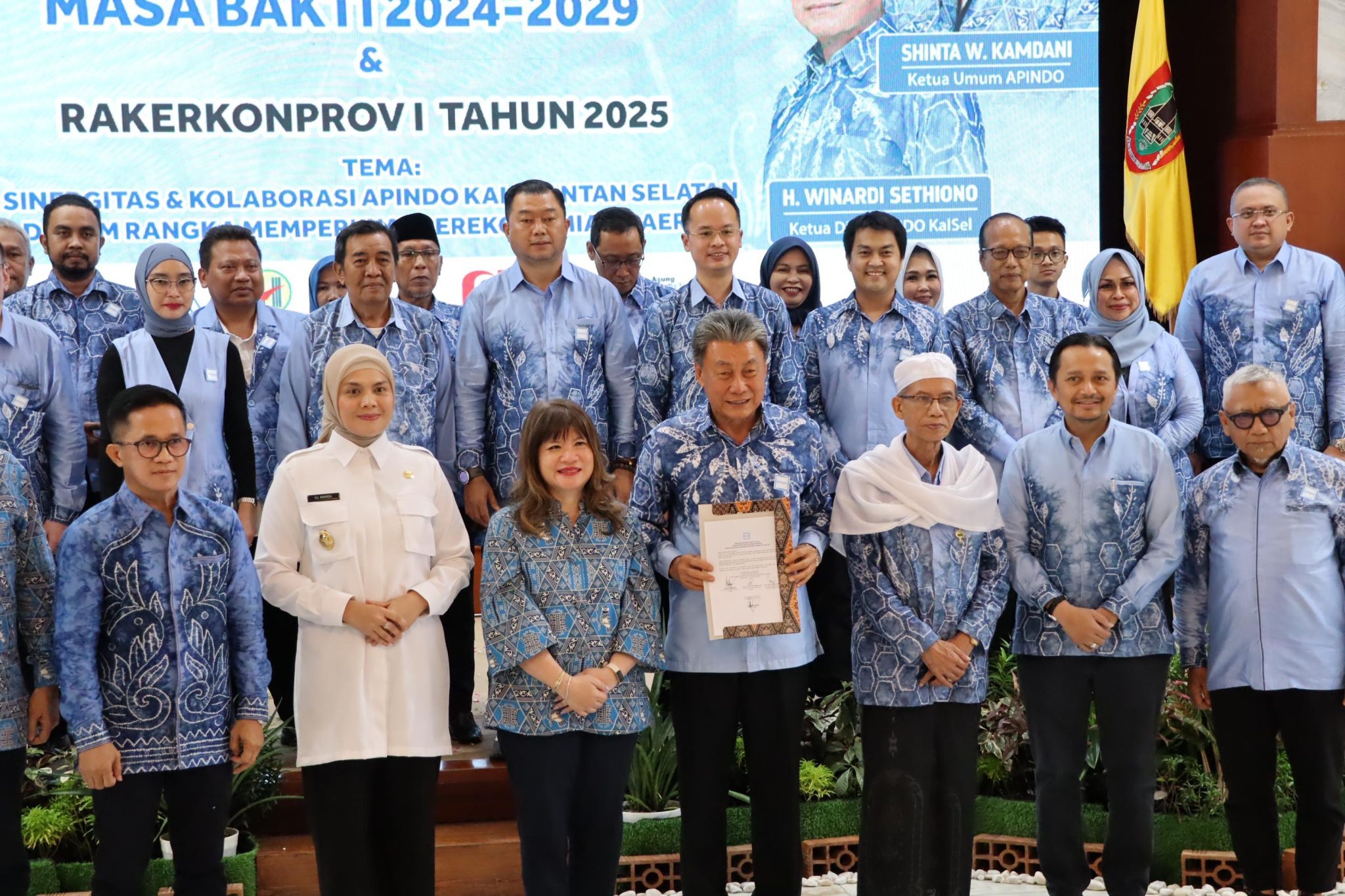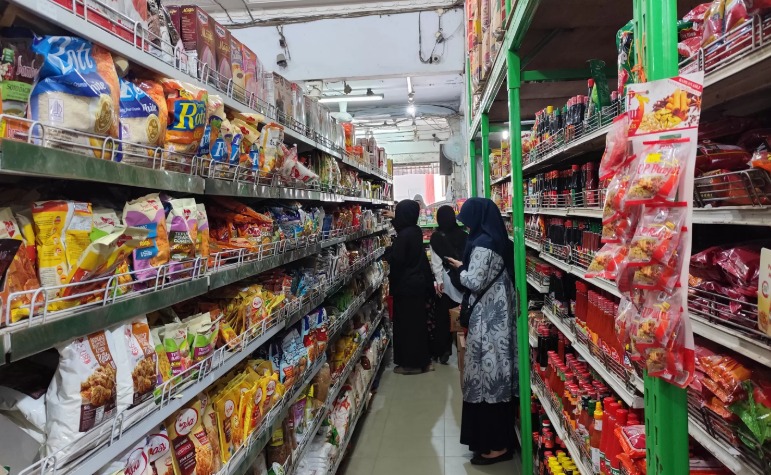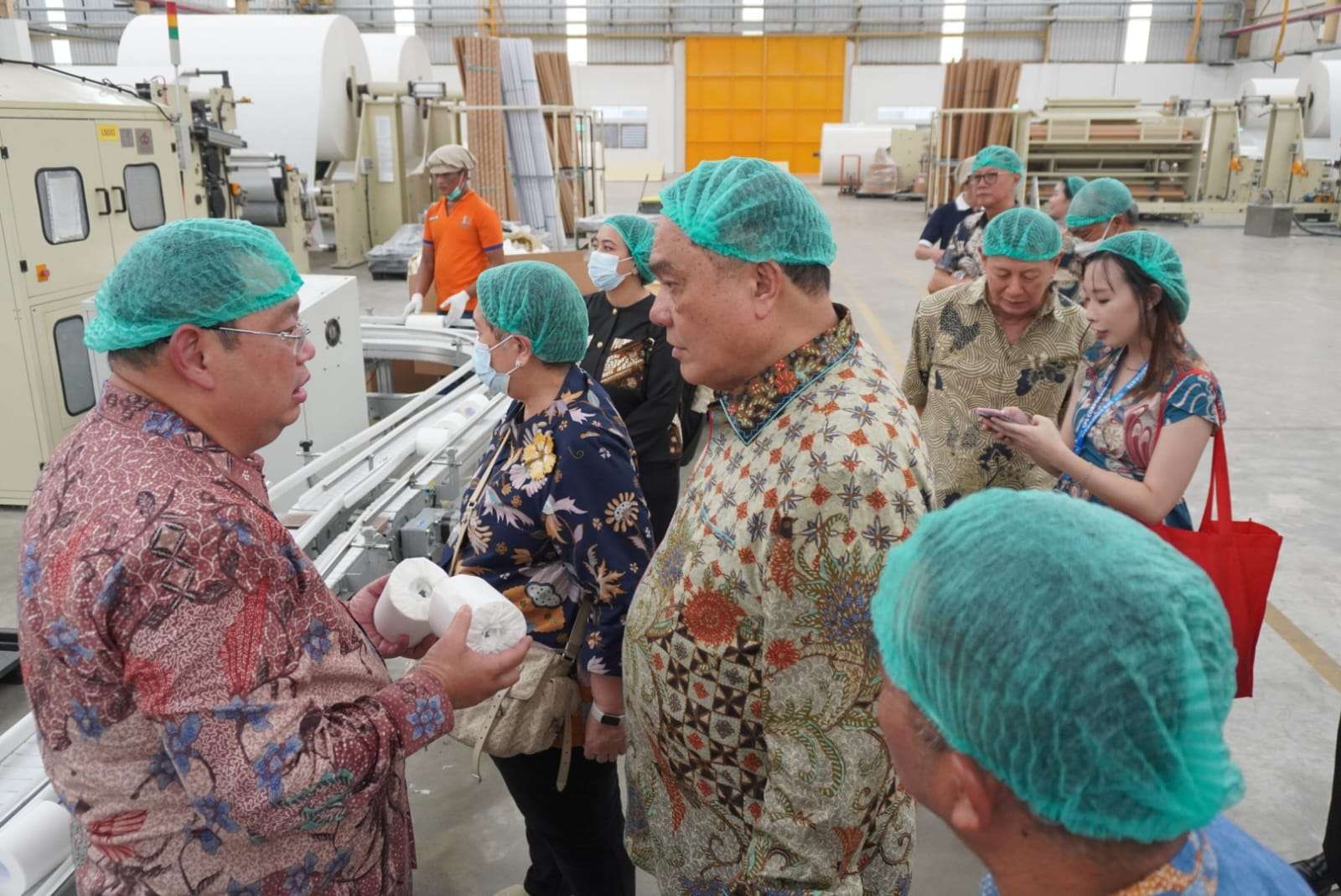PLN Raises Electricity and Gas Rates, APINDO Fears Industrial Collapse and Mass Layoffs in Batam
Tuesday, 20 May 2025
Batam – PLN Batam has raised the electricity rate for regular customers under the Flexy Block 3 scheme, along with industrial gas tariffs. These hikes in two vital energy components are placing tremendous pressure on industries operating in Batam.
Chairman of APINDO Batam, Dr. Rafki Rasyid, stated that his organization has received numerous complaints regarding the approximately 25% increase in Flexy Block 3 electricity rates, as well as an over 100% spike in industrial gas prices.
“These energy price hikes will undoubtedly cause significant strain on Batam’s industrial sector. The Cost of Goods Sold (COGS) for Batam-based manufacturers will increase, making their export prices less competitive,” said Dr. Rafki on Tuesday (May 20, 2025).
He warned that the rising operational costs could force companies to implement cost-cutting measures that may lead to mass layoffs.
For this reason, he urged the government—particularly BP Batam, the Batam City Government, the Riau Islands Provincial Government, and most critically, the central government, which is directly responsible for the energy tariff adjustments—to take urgent action.
“I have personally met with the management of PLN Batam and PGN Batam to question the rationale behind such steep increases,” Rafki added.
PLN Batam attributed the electricity rate hike to the rising cost of gas supplied by PGN Batam, which has increased from US$5.9 to US$7 per MMBtu. Additionally, the weakening of the Rupiah against the US Dollar has driven up PLN Batam’s production costs.
Unlike the national PLN, PLN Batam does not receive government subsidies. As a result, PLN Batam claims it is operating at a loss and must adjust its Flexy Block 3 rates in order to survive.
PGN, on the other hand, explained that the spike in industrial gas prices is due to depleted reserves from gas fields that previously supplied the Sumatra to West Java regions. The piped gas previously available is now reserved only for prioritized industries under the government-regulated Special Natural Gas Pricing (HGBT) scheme.
To supply other industries, PGN must now use liquefied natural gas (LNG), which is piped in and priced according to international benchmarks set by the government. Consequently, LNG prices are significantly higher than piped gas. PGN is currently charging US$16.8 per MMBtu for LNG—up from the previous industrial rate of about US$8 per MMBtu.
This drastic increase is severely impacting industries that rely on gas as their main energy source for production. PGN emphasized that it is merely implementing government policies and does not have the authority to adjust prices independently.
The core issue, Rafki noted, is the depletion of Sumatra’s gas supply. What’s ironic, he added, is that while Batam faces a gas shortage, the nearby Natuna gas fields have ample reserves. However, the pipelines bypass Batam and instead export directly to Singapore.
APINDO Batam is calling on the government to issue urgent policies to bring down gas prices in Batam, both under the HGBT scheme and for general industrial use.
“If no decisive policy is enacted soon, we fear Batam’s industrial sector will collapse. The government must be more responsive to the struggles of businesses in Batam, especially since the city is a major destination for job seekers,” Rafki warned.
“It would be tragic if Batam’s industries crumble simply because of high electricity and gas prices. APINDO believes the government can and must act swiftly to resolve the gas shortage that has led to this energy crisis.”
APINDO Batam and the APINDO chapter of Riau Islands Province have already coordinated with national and regional APINDO boards—including from Lampung, West Java, Jakarta, and Banten—to press the central government for an immediate solution to soaring industrial gas prices.
“We will submit formal letters to the Ministry of Industry and the Ministry of Energy and Mineral Resources, urging them to implement policies that return industrial gas prices to their previous levels. If the government truly cares about the welfare of its people, it must ensure domestic gas remains affordable so industries can survive. Do not let our industries slowly die due to unaffordable energy costs,” Rafki concluded.
Source: batamline.com









